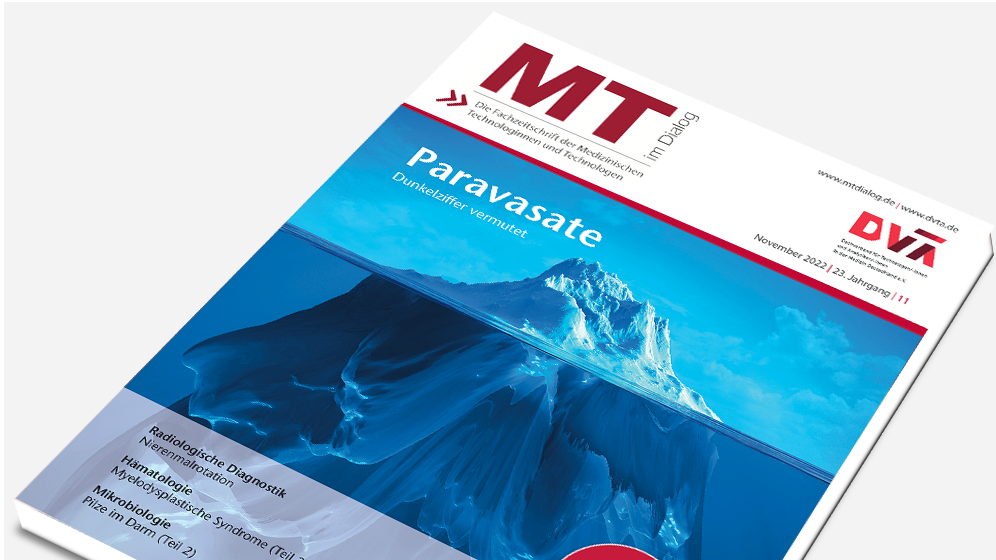Zusammenfassung
Dieser Beitrag beschreibt die Erstellung einer SARS-CoV-2-Antikörper-Studie zur aktuellen Gestaltung des praktischen Virologieunterrichts an der MTLA-Schule München. Zur Interpretation der Ergebnisse entwickeln die Schüler/-innen einen Fragebogen, dessen Auswertung unter anderem bestätigt, dass die Studienteilnehmer mehrheitlich viele soziale Kontakte haben, jedoch wenig Gebrauch von der Corona-Warn-App machen. Zum Vergleich von unterschiedlichen Nachweisverfahren für IgG-Antikörper wurde überwiegend Serum aus Kapillarblut von Schülern/-innen des 3. Ausbildungsjahres eingesetzt. Die Auswertung ergab, dass lediglich eine nahezu symptomlose Infektion entdeckt werden konnte. Alle bereits bekannten PCR-positiven Studienteilnehmer haben IgG-Antikörper gebildet.
Schlüsselwörter: SARS-CoV-2, Antikörper, IgG, Corona-Warn-App
Abstract
This article describes the creation of a SARS-CoV-2 antibody study for the current design of practical virology lessons at the MTLA school in Munich. To interpret the results, the students develop a questionnaire, the evaluation of which confirms, among other things, that the majority of the study participants have many of social interactions, but make little use of the Corona-WarnApp. To compare different detection methods for IgG antibodies, mostly serum from capillary blood was used by the students in the 3rd year of training. The evaluation showed that only one almost symptom-free infection could be detected. All known PCR-positive study participants have formed IgG antibodies.
Keywords: SARS-CoV-2, antibodies, IgG, Corona WarnApp
DOI: 10.3238/MTADIALOG.2021.0452
Entnommen aus MTA Dialog 6/2021
Dann nutzen Sie jetzt unser Probe-Abonnement mit 3 Ausgaben zum Kennenlernpreis von € 19,90.
Jetzt Abonnent werden

